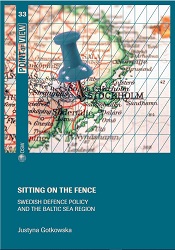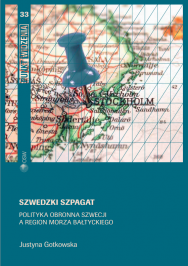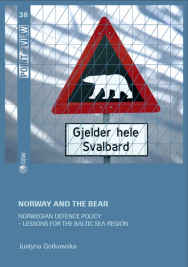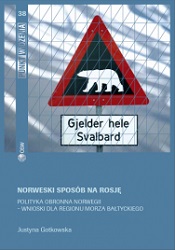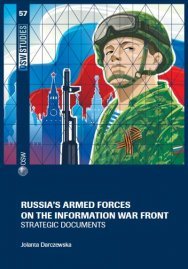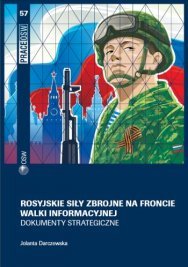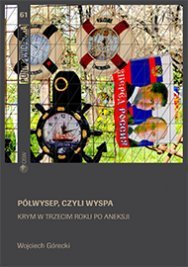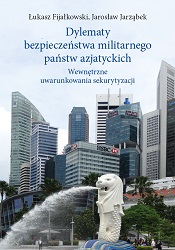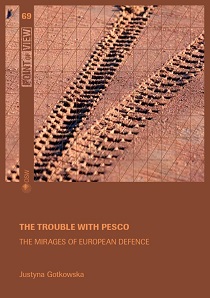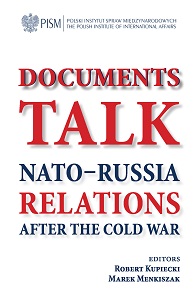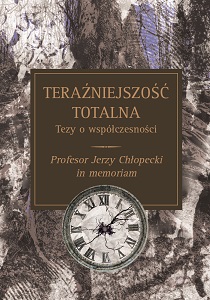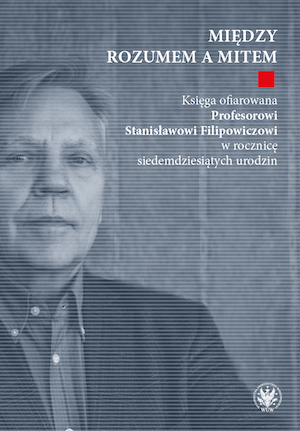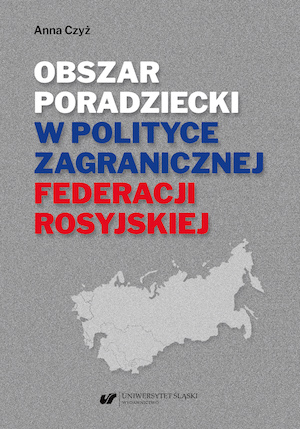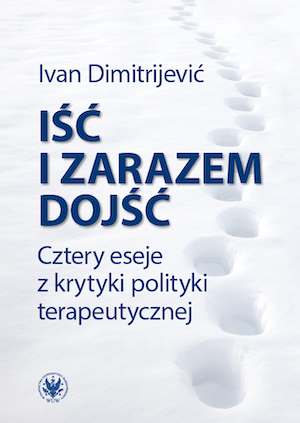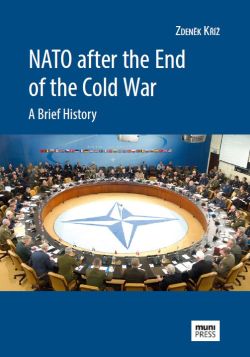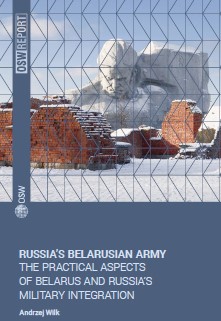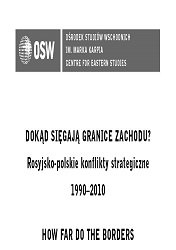
DOKĄD SIĘGAJĄ GRANICE ZACHODU? Rosyjsko-polskie konflikty strategiczne 1990–2010
From a historical perspective, the last two decades can almost be regarded as a 'golden age' of Polish-Russian relations. This is the first time in several centuries that a sovereign Poland and Russia have been able to develop mutual relations without resorting to force; moreover, they have established a bilateral legal basis and put into practice its provisions on "the inviolability of borders, territorial integrity, non-interference with internal affairs and the nations' right to self-determination.This does not change the fact that since 1990 the atmosphere between the two countries has much more often been chilly and tense. Contrary to the widely-held belief, Polish-Russian conflicts do not stem from genetic Russophobia on the part of Poland, or irrational prejudice on the part of Russia. Their substance is real and concerns strategic issues. At the deepest level, though, this is a dispute about how far the borders of the Western world extend, and about the Russian Federation's sphere of influence. However, it is not a clash between two states; moreover, Poland is certainly not the most important actor in this regard, although due to the historical context and its geographic location, it is one of the countries that lies closest to the 'line of contact', and is therefore particularly entangled in the disagreement.
More...
